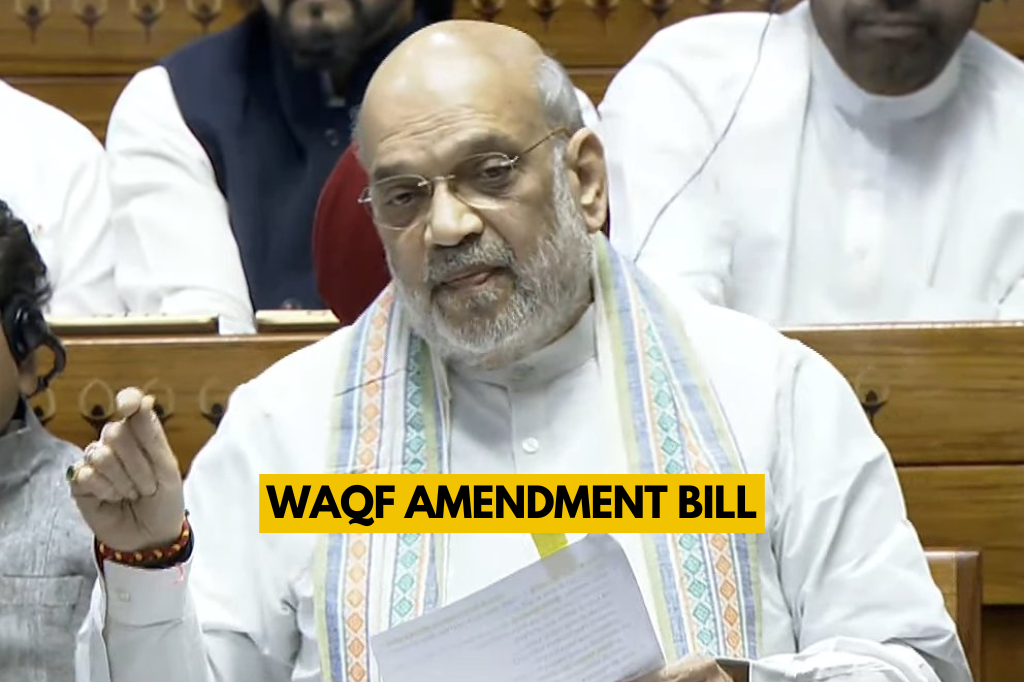Union Home Minister Amit Shah on Wednesday, April 2, addressed concerns surrounding the Waqf (Amendment) Bill, reassuring that non-Muslim members of the Waqf Board will have no involvement in managing religious affairs. He attacked the opposition leaders for “spreading false narratives” about the bill, stressing that the legislation does not disrupt the religious practices of any community.
Shah dismissed claims that including non-Muslims in the board would interfere with Waqf matters, calling such allegations unfounded and misleading. He emphasized that the bill’s primary objective is to promote transparency and prevent the mismanagement of Waqf properties, rather than encroach on religious autonomy.
“Waqf Act and Board came into effect in 1995. All the arguments about the inclusion of non-Muslims inclusion are about interference in the Waqf. First of all, no non-Muslim would come into the Waqf. Understand this clearly…There is no such provision to include any non-Muslim among those who manage the religious institutions; we do not want to do this…This is a huge misconception that this Act will interfere with the religious conduct of Muslims and interfere with the property donated by them. This misconception is being spread to instill fear among minorities for their vote bank,” Shah said.
He added, “Where will non-Muslim members be included? In the Council and Waqf Board. What would they do? They won’t run any religious activity. They would only look after the administration of property donated by someone under Waqf Law, whether it is being done as per law, whether the property is being used for the intent with which it was donated.”
The House erupted in a heated exchange between the treasury and opposition benches, with the opposition claiming that all INDIA bloc parties have united to “oppose the legislation.”
Minority Affairs Minister Kiren Rijiju moved a motion to consider the Bill along with proposed amendments, sparking a debate on the issue. Rijiju initiated the discussion, providing an explanation of the Bill’s provisions. Initially introduced last year, the Bill was later referred to a joint parliamentary committee for further review.







